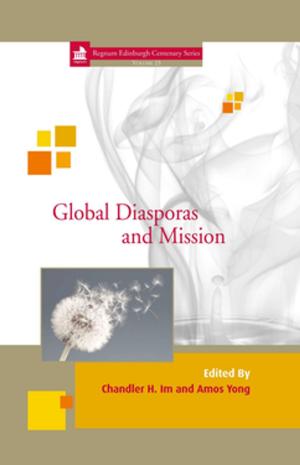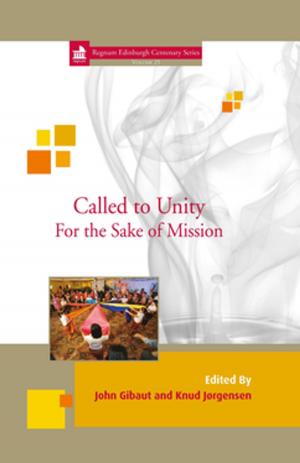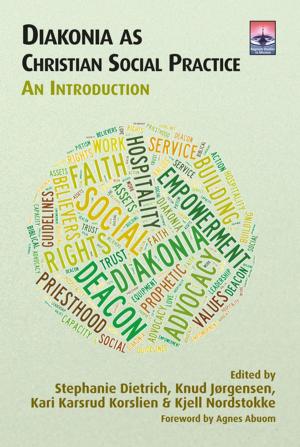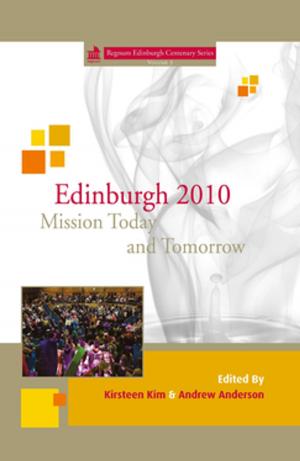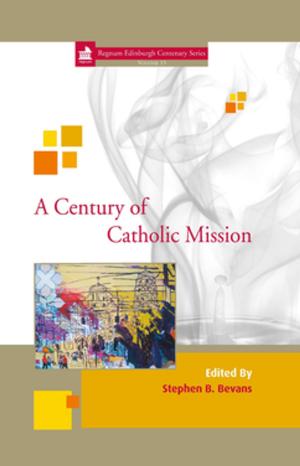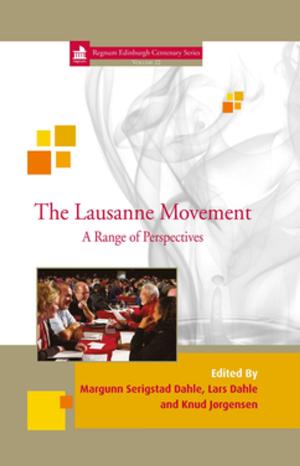Leadership in a Slum
A Bangkok Case Study
Nonfiction, Religion & Spirituality, Christianity, Missions & Missionary Work| Author: | Alan Johnson | ISBN: | 9781911372516 |
| Publisher: | Regnum Studies in Mission | Publication: | December 1, 2009 |
| Imprint: | Regnum Studies in Mission | Language: | English |
| Author: | Alan Johnson |
| ISBN: | 9781911372516 |
| Publisher: | Regnum Studies in Mission |
| Publication: | December 1, 2009 |
| Imprint: | Regnum Studies in Mission |
| Language: | English |
n Leadership in a Slum Johnson looks at leadership in the Thai social context from a different angle than traditional studies which measure well educated Thais on leadership scales derived in the West. Seeking a cultural account of social influence processes he turns to those who have been left behind in the race to participate in a globalizing world, the urban poor. Using both systematic data collection and participant observation he develops a culturally preferred model as well as a set of models based in Thai concepts that reflect on-the-ground realities. Johnson also examines the community-state relationship and finds that in the face of state power that brings both development and the forces of eviction, the community and its leaders are not passive in this relationship but modify, reject, or resist state views in their various forms. He concludes by looking at the implications of his anthropological approach for those who are involved in leadership training in Thai settings and beyond. This work challenges the dominance of the patron-client rubric for understanding all forms of Thai leadership and offers an alternative view for understanding leadership rooted in local social systems to approaches that assume the universal applicability of leadership research findings across all cultural settings.
n Leadership in a Slum Johnson looks at leadership in the Thai social context from a different angle than traditional studies which measure well educated Thais on leadership scales derived in the West. Seeking a cultural account of social influence processes he turns to those who have been left behind in the race to participate in a globalizing world, the urban poor. Using both systematic data collection and participant observation he develops a culturally preferred model as well as a set of models based in Thai concepts that reflect on-the-ground realities. Johnson also examines the community-state relationship and finds that in the face of state power that brings both development and the forces of eviction, the community and its leaders are not passive in this relationship but modify, reject, or resist state views in their various forms. He concludes by looking at the implications of his anthropological approach for those who are involved in leadership training in Thai settings and beyond. This work challenges the dominance of the patron-client rubric for understanding all forms of Thai leadership and offers an alternative view for understanding leadership rooted in local social systems to approaches that assume the universal applicability of leadership research findings across all cultural settings.


